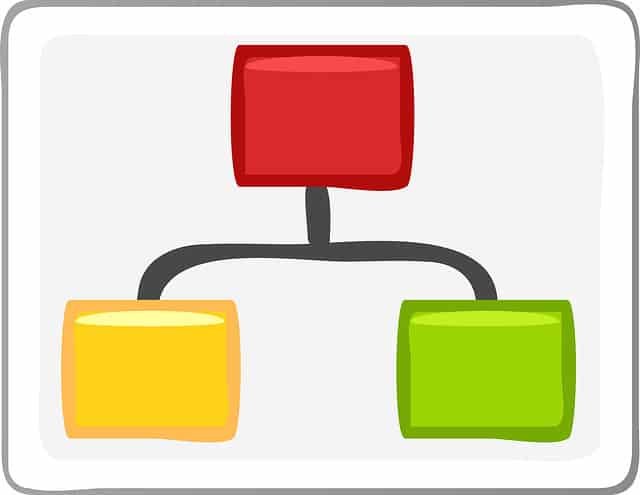Bradford VTS Online Resources:
Teaching & Learning
Assessment, Competence & Capability
DOWNLOADS
path: ASSESSMENT, COMPETENCE & CAPABILITY
What is a competency?
“Competence”comes from the Latin word “competentia”, which means agreement or symmetry. “Competence” refers to the state or quality of an individual’s work. An individual and his work can be evaluated as competent if the performance is considered as “satisfactory”. And that “performance” can include a combination of knowledge, skills and attitudes (behaviour).
What is a capability? How is it different?
“Capability” came from the Latin word “capabili”. Capability is an integration of knowledge skills and personal qualities (attitudes) that are used effectively and appropriately in response to varied, familiar and unfamiliar circumstances.
So, capability is a bit like a competency except there is one fundamental difference. A competency suggests that a person is good at doing x, y and z in a particular setting. A capabiltiy suggests that a person is good at doing x, y and z in a variety of settings. In other words, they have skill flexibility! They can adapt their skills to the varying situation in front of them.
As an example:
- A competency in communication skills may require a trainee to demonstrate specific communication skills with the adults they see.
- A capability would require the trainee to demonstrate the same specific communication skills with a variety of people (adults, children, elderly, people with different cultures and backgrounds).
- If you were to emply a recently qualified health professional, which would you want? Someone who has certification from group 1 or group 2?
- If you want to read more about capabilities, read Toby Weaver’s six Cs of Capability., viz culture, comprehension, competence, communion, creativity and coping (John Stephenson, 1994)
Why competency or capability frameworks?

- Competency/Capability frameworks can increase clarity around performance expectations.
- They establish a clear link between individual and organisational performance.
- A good framework balances detail with flexibility.
- One must try and avoid an overly prescriptive and non-inclusive approach.
And assessment... where does that fit in?
It’s simple really. If you want to know whether someone is competent or capable in something, you’ve got to assess them to determine if they have it. If you think of Competences or Capabilities as AIMS (or Intended Learning Outcomes), then the assessment needs to ALIGN with that. If you want someone to be good at x, y and z, then surely it makes sense for the assessment to test x, y and z. There’s not point assessing a, b and c if you’re after x, y and z!!! This alignment of everything to the AIMS and Intended Learning Outcomes is called Constructive Alignment. See our pages on Aims, Objectives and ILOs for more information.
Re-visiting some basic educational terms
- Knowledge – Is a body of information applied directly to the performance of a function.
- Skill – Is an observable competence to perform a learned psychomotor act.
- Attitude – Is the personal value we place to doing something usually as a result of an emotion or feeling we have about it. Remember, competence/capabiltiey requires more than just pure knowledge and skills.
- Competent– someone is competent when their performance of a function in a specific context is satisfactory.
- Capability – someone is capable when their performance of a function in a variety of contexts is satisfactory
- Reliabilty– relates to the CONSISTENCY of a measure. So, a reliable assessment should be giving roughly similar results for a group of individuals who are at the same the level of ability.
- Validity – relates to the ACCURACY of a measure. In other words, it is measuring what it is meant to be measuring. No point in testing a person’s ability to wire a plug if they are training to become a plumber! Seems obvious, but you would be surprised at how many assessments don’t measure what they are meant to be measuring. For example, some medical knowledge exams test you about a disproportionately number of rare conditions that you are highly likely to never encounter. Would these exams be better at testing your deeper about common things that you are likely to encounter?

